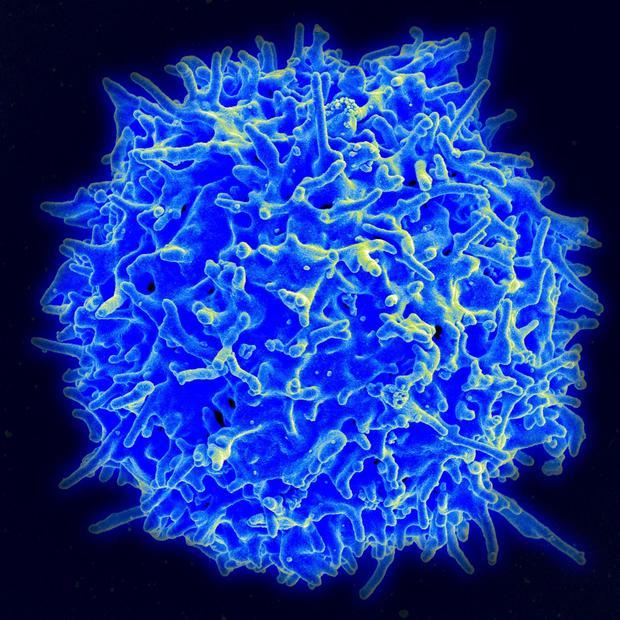
Long-lasting immune cells that specifically recognize the SARS-CoV-2 virus were found in the noses of people who were infected following vaccination. These virus-specific T cells, which were not present in those who had only been vaccinated, are expected to confer an additional layer of protection against COVID-19, according to scientists from Duke-NUS Medical School in Singapore, whose findings were published in the Journal of Experimental Medicine.
Most antiviral immunity studies have been performed with peripheral blood, yet the primary site of SARS-CoV-2 infection is in the nasal cavity.
"The SARS-CoV-2 virus initially enters and replicates in the upper respiratory tract, with nasal cells maintaining high levels of virus replication for weeks," explained Professor Antonio Bertoletti, senior author of the study from Duke-NUS' Emerging Infectious Diseases Program.
"Immune cells, called T cells, that live in the nasal cavity and recognize virus-infected nose cells can play an important role in rapidly containing and eliminating infection. However, we don't know much about the effect of injected vaccines or infection on the induction of these nose-resident, virus-specific cells."
Read more...







